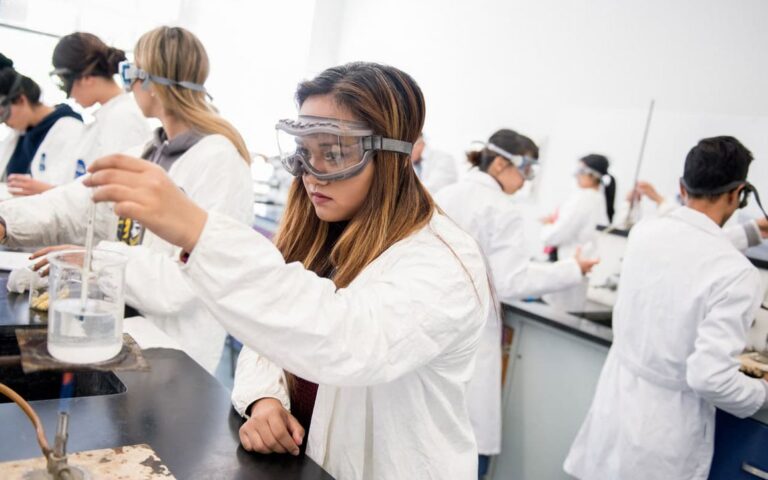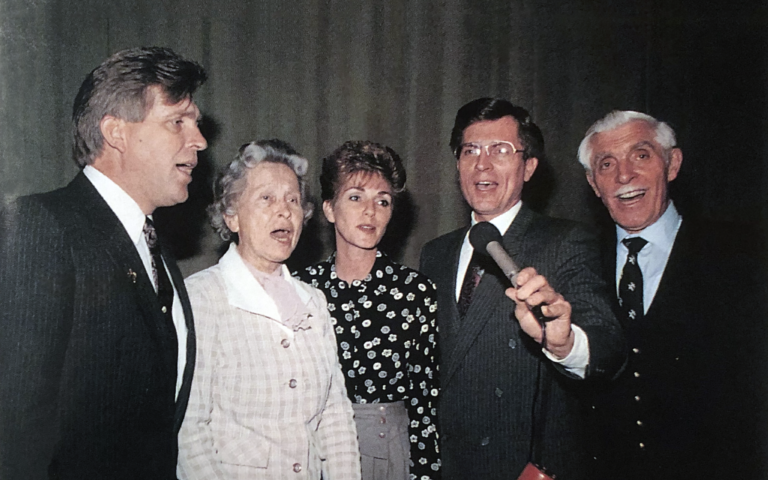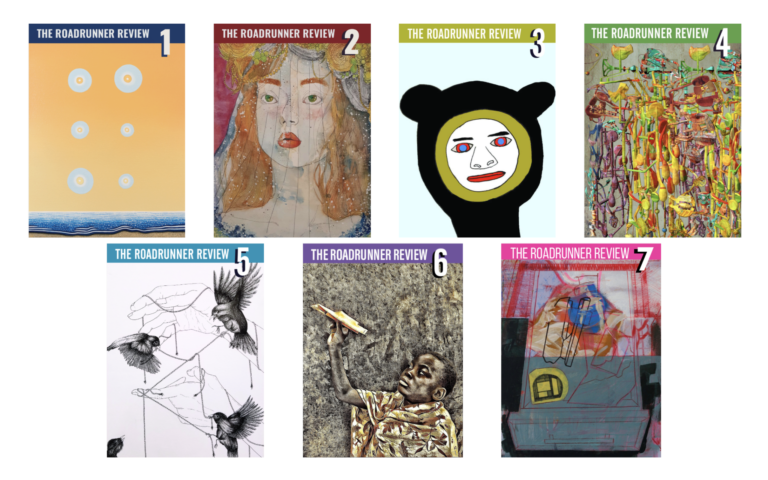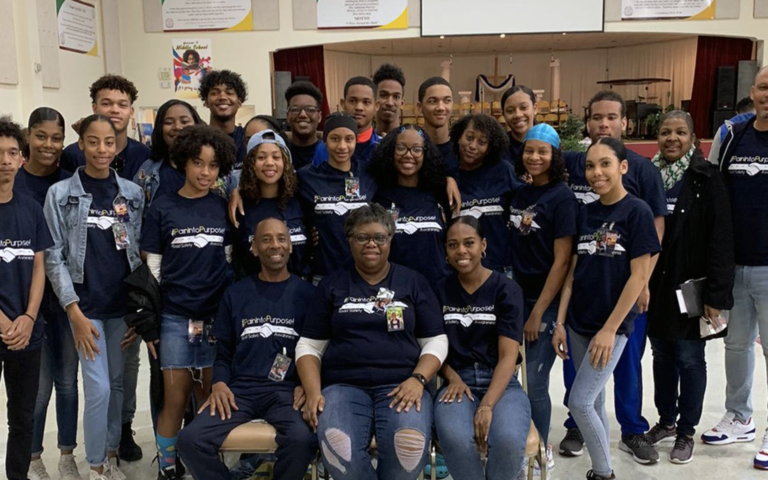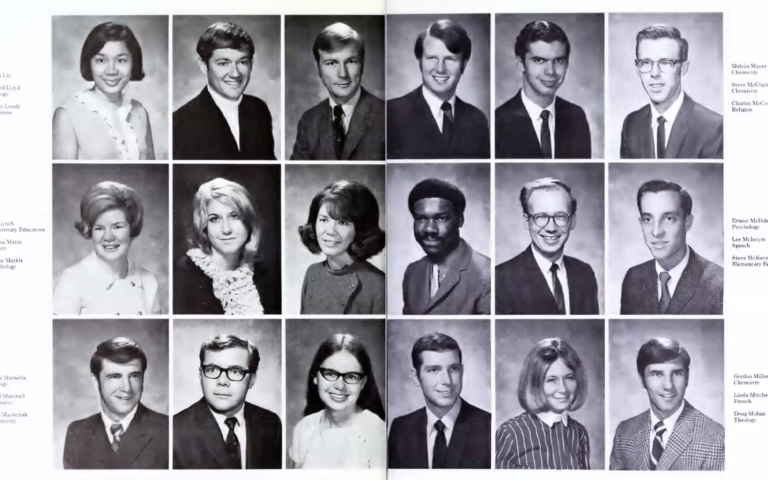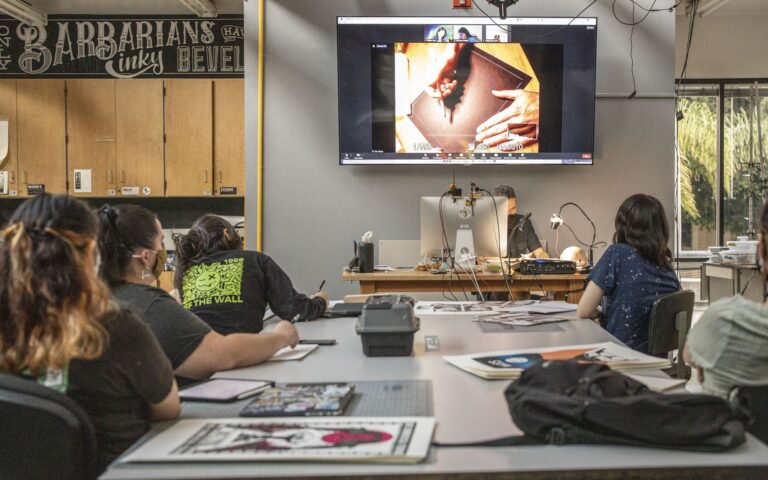by Natalie Romero
The College of Arts and Sciences is offering a new Associate of Science Degree in Health Science. The program is designed to provide pre-health students with the opportunity to earn a degree in addition to completing their prerequisite requirements for transferring to healthcare professions programs at other institutions.
The existing pre-health programs, which prepare students for further study in fields ranging from nursing to medical radiography to respiratory care, already serve a large population of young scholars—but the university has long wanted to better organize the pre-health experience through the structure of a degree.
Dr. Lora Geriguis, associate dean of the College of Arts and Sciences, has been a key figure in the creation of the program. Four years ago, shortly after her appointment, “the care of our pre-health students” was one of the first things she discussed with then-dean Dr. April Summitt. “[We realized] that if it had been a real department, the pre-health students size-wise would have been one of the bigger departments in the college,” she recalls of their initial conversation. But despite being one of the largest groups on campus, pre-health students are often without an academic home.
“We wondered, is there a way to package what they are doing anyway into a smaller degree? It was a hop, skip, and a leap to thinking [about how] those programs tend to hover around 5 to 6 quarters worth of classes,” says Geriguis. “We knew that would be within shooting distance to a typical AS degree.”
In order to help create curricular spaces that would better benefit that population—a group that Geriguis describes as “steady, and often taken for granted”—the dean’s office looked to the success of another large group: the Criminal Justice department.
Inspired by the work of faculty members like Erica Garcia, who tailors her English and Humanities classes so that they fit into the scope of the Criminal Justice field (i.e. Detective Fiction), the UNST 101 course for pre-health students was redesigned to have a career component to it. This ideology was also vital in rethinking a version of the general education program just for AS students, which includes classes such as a humanities course focused on health events in American history.
When creating the new degree, the dean’s office also worked closely with other departments such as the Office of Advising and Career Success, as well as a task force of professors involved in teaching pre-health classes. Ultimately, the AS degree was designed to be comprised of 98 units, which is typical for associate programs.
The general education requirements for the AS degree were built so that any student who decided to continue on for a four-year degree would be on track to do so. Similarly, Dr. Geriguis emphasizes, those who wish to stay on the regular pre-health tracks for their chosen fields are not required to be part of the AS program. “Flexibility was important to us,” she says. And those who do move on to another institution after the AS program “can take a neat tied-up package into their transfer programs, rather than just a list of classes on a transcript.”
The program has been approved by WASC, and will begin accepting students for Fall 2021. Students who had already begun their pre-health courses prior to the creation of the degree will also have the option to change their bulletin year and switch to the AS program. “This is a way to organize an enhanced experience for our students,” Geriguis emphasizes. “It has been a real joy for me to be part of an academic planning task with such a clear and immediate benefit for a very precious and gifted group of students whose ambitions are to care well for others.”

